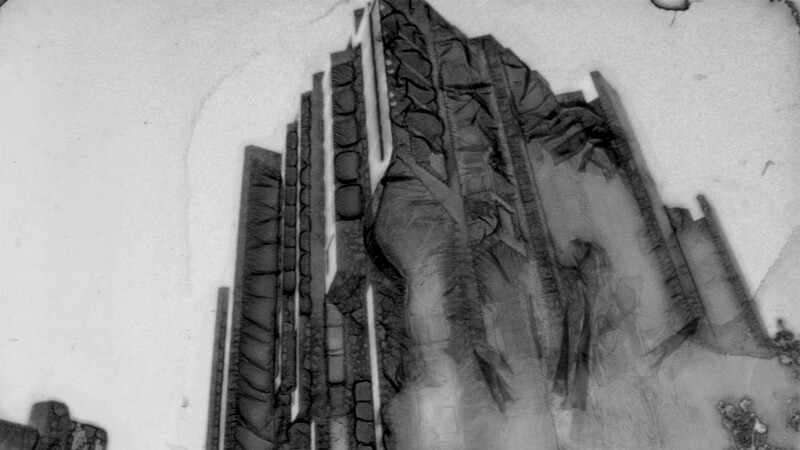
Engaging with Movement One: Interior, Jessica Thalmann’s lightbox images on UTM campus, this program considers health and wellness through architectural and artistic practice. It asks: How does the built environment support illness and recovery? Who is the imagined subject, and where are its shortcomings? How are qualitative and experiential qualities of architecture planned and measured?
The event will open with a screening of artist Eva Kolcze’s short film All That is Solid (2014), follwed by a discussion between Kolcze and architecture professor Terri Peters. Deriving its title from Karl Marx’s famous statement, “All that is solid melts into air […]” Kolcze’s film questions the solidity of modern architecture through filmic decay. Conditions of Life is a phrase found later in Marx’s famous quip—in this program, it is a framework to examine the legacies of modern architecture, their impacts on care practices, and new movements in design for health.
This is a drop-in event; registration is not required. Refreshments will be provided.
Contributors
See Connections ⤴
Terri Peters is an Assistant Professor at Toronto Metropolitan University (formerly Ryerson) in the Department of Architectural Science. She teaches and supervises graduate students in both the architecture and building science programs. Dr. Peters is a registered architect in the UK and holds the WELL AP designation relating to how people feel and experience buildings. Her current research focuses on biophilic design and health promoting architecture. She is an affiliated researcher at Institut du Savoir Monfort hospital in Ottawa. She is the editor of Design for Health: Sustainable Approaches to Therapeutic Architecture (John Wiley and Sons, 2017) and has authored more than twenty peer-reviewed publications about sustainable and healthy housing.
See Connections ⤴
Conditions of Life: Screening and Discussion
Blackwood Gallery, Kaneff Centre room 140
Screening and discussion with Eva Kolcze and Terri Peters
Presented alongside Movement One: Interior, part 1 of This Unfathomable Weight, the Blackwood's 2022–23 lightbox exhibition
- Contributors
- Eva Kolcze
- Terri Peters

Proudly sponsored by U of T affinity partners. Discover the benefits of affinity products!


The Blackwood
University of Toronto Mississauga
3359 Mississauga Road
Mississauga, ON L5L 1C6
[email protected]
(905) 828-3789
The galleries are currently open. Hours of operation: Monday–Saturday, 12–5pm.
Facebook | Twitter | Instagram
Sign up to receive our newsletter.
The Blackwood is situated on the Territory of the Mississaugas of the Credit, Seneca, and Huron-Wendat.